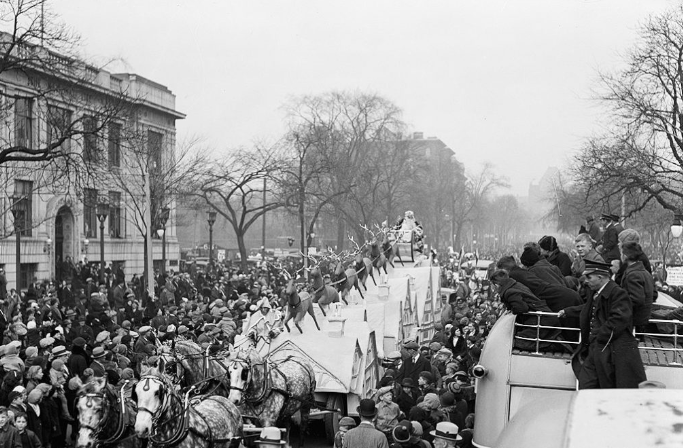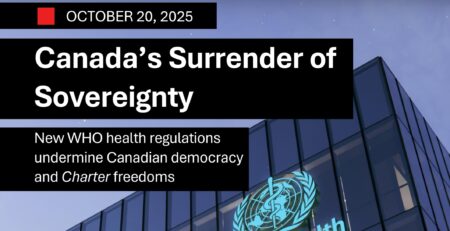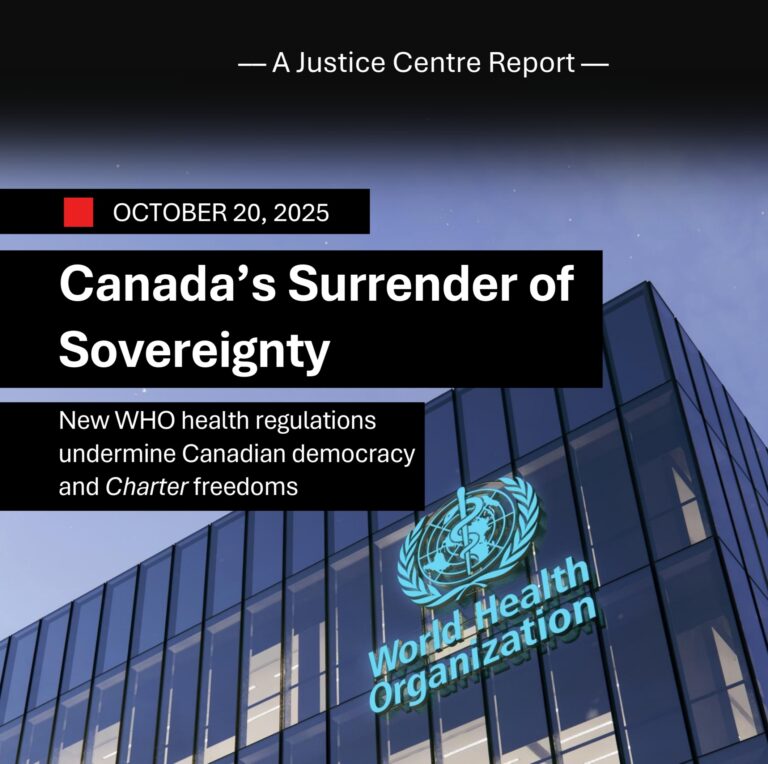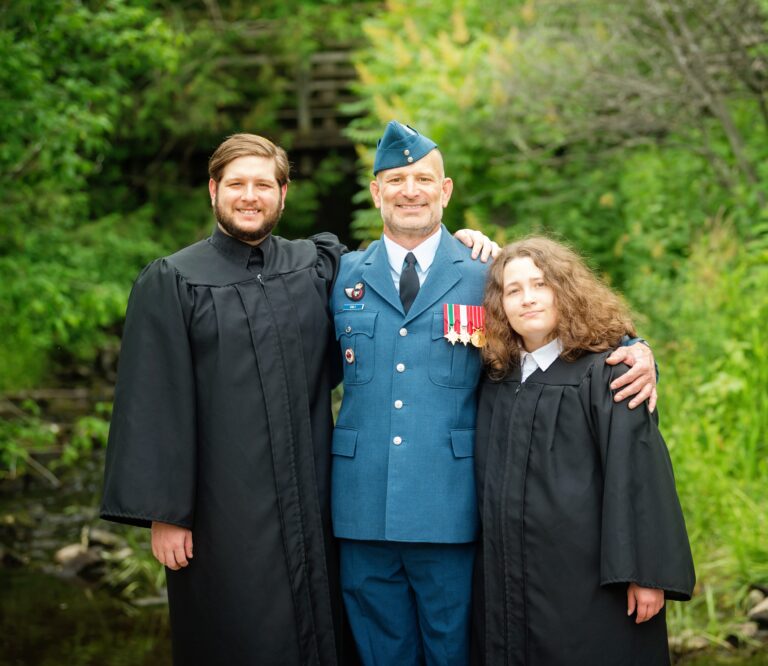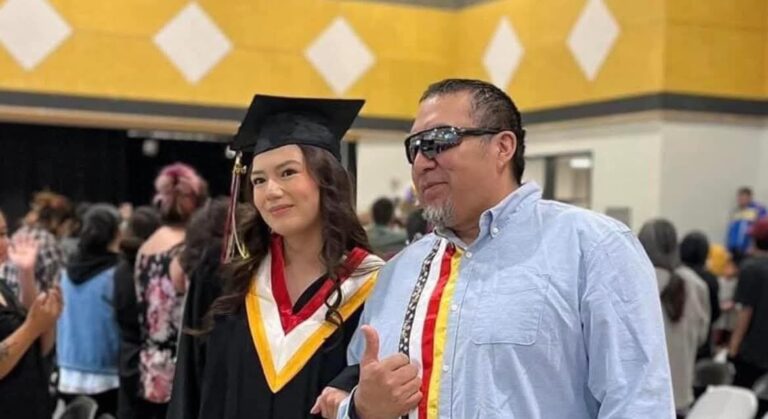TORONTO, ON: The Justice Centre for Constitutional Freedoms announces that Crown prosecutors have withdrawn a charge against street preacher Jeffrey Sapocinik in a significant victory for freedom of expression.
For more than one hundred years, the City of Toronto and tens of thousands of attendees have marked the start of the Christmas season with an annual Santa Claus parade. Jeffrey Sapocinik was among the crowd for the 119th annual parade that rolled through downtown Toronto on November 26, 2023.
Like many, Mr. Sapocinik felt reservations about the secularization of a holiday that is, for him, more appropriately observed with reverence and religious ceremony.
Even though the parade had not passed by, Mr. Sapocinik began to criticize the parade and its “adoration of Santa Claus” within earshot of those around him.
Some were offended by his message, and the police were called.
Remarkably, police charged him with disturbing a social gathering under section 176(2) of the Criminal Code.
Mr. Sapocinik’s lawyers argued that police were wrong to seek a conviction under that section. Indeed, mere emotional upset or annoyance is not enough to warrant a conviction.
“Section 176(2) has never been used to protect large, public, outdoor social gatherings,” reflected constitutional lawyer Chris Fleury. “On the contrary, when people have been convicted under that section, it is for having disrupted a private social gathering, such as a gathering in a classroom or hotel banquet hall.”
That section has been interpreted to protect orderly or solemn social gatherings; an outdoor parade hardly qualifies, Mr. Sapocinik’s lawyers argued. (It was, in fact, section 176(2) of the Criminal Code that prevented police from arresting or ticketing religious leaders hosting services in violation of public health orders during the era of Covid.)
Their defence of Mr. Sapocinik took note of a 2005 decision of the Supreme Court of Canada, which stated that “streets are clearly areas of public, as opposed to private, concourse, where expression of many varieties has long been accepted.”
Mr. Sapocinik’s trial was scheduled for April 3 and 4.
The day before trial, however, an assistant Crown Attorney informed Mr. Sapocinik’s lawyers that the charge would be withdrawn the next day.
Upon hearing this, Mr. Sapocinik remarked, “I would like to personally express my utmost gratitude to the Justice Centre for Constitutional Freedoms for choosing to fund my legal defence. In terms of funding, their help alleviated what may have been a financial burden.”
Constitutional lawyer Chris Fleury stated, “Charging Mr. Sapocinik under section 176(2) of the Criminal Code was perverse and unprecedented. We were not able to find a single reported case where a religious leader or practitioner had been prosecuted under this section for allegedly disturbing a purely social gathering. We are pleased to see the Crown withdraw all charges.”

